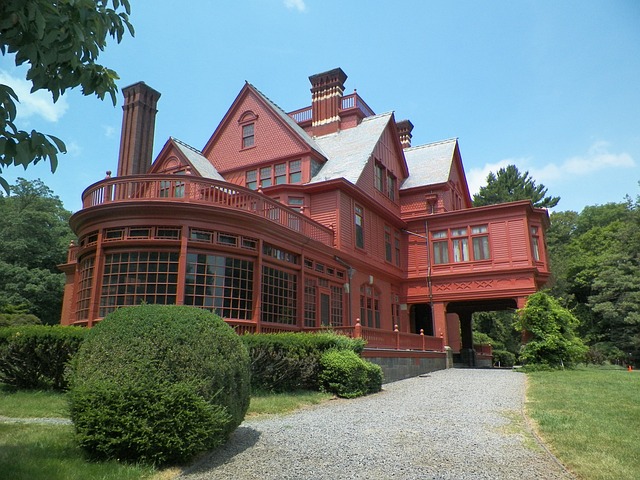Elderly sexual assault in New Jersey's nursing homes is a growing concern, leading to increased litigation against facilities for negligence. Background checks are vital for preventing these assaults by ensuring only trustworthy staff have access to vulnerable elders. Elderly sexual assault law firms in NJ play a critical role in advocating for victims' rights and holding institutions accountable for inadequate safety measures. Strict regulations, including thorough background checks and mandatory training, aim to protect residents and ensure justice for affected families. A collaborative effort between law firms and caregivers is essential to combat this issue effectively.
In New Jersey, the issue of elderly sexual assault in nursing homes has become a pressing concern. This vulnerable population deserves robust protection. Background checks play a pivotal role in preventing such assaults by identifying potential risks within care settings. The article explores this critical topic, delving into the legal framework, including background check requirements for caregivers, and highlighting strategies to enhance safety. Understanding these measures is essential for both law firms supporting elderly clients and caregivers committed to providing secure environments.
Understanding Elderly Sexual Assault in Nursing Homes: A Growing Concern in New Jersey
Elderly sexual assault in nursing homes is a pressing issue that has garnered significant attention in New Jersey, prompting concerns among residents, families, and legal experts alike. As the state’s population ages, the risk of such incidents within long-term care facilities increases, making it imperative to understand and address this growing concern. The vulnerability of elderly individuals, coupled with potential power imbalances among staff members, creates an environment that can facilitate sexual abuse.
New Jersey has witnessed a rise in lawsuits filed by victims and their families against nursing homes, citing negligence and failure to protect residents from sexual assault. Elderly sexual assault law firms NJ have become integral in advocating for the rights of these vulnerable citizens, holding institutions accountable for inadequate background checks and oversight. Background checks play a pivotal role in preventing such assaults by ensuring that only trustworthy individuals are granted access to care and support.
The Importance of Background Checks: Protecting Vulnerable Elders
Background checks play a pivotal role in safeguarding vulnerable elders within New Jersey’s nursing homes. The state’s elderly population, often facing various health and mobility challenges, relies on caregivers for their well-being. Unfortunately, this trust can be exploited by individuals with malicious intentions, leading to devastating instances of sexual assault. Implementing thorough background screening processes is an effective deterrent against potential abusers.
These checks enable nursing homes to make informed decisions when hiring staff, ensuring that individuals with a history of sexual offenses or violent behavior are not permitted access to elderly residents. By adhering to strict verification protocols, nursing home administrators can foster a safer environment, providing peace of mind for both elders and their families. Elderly sexual assault law firms in NJ often emphasize this preventive measure as a crucial step towards justice and the protection of vulnerable adults.
Current Laws and Regulations: What is the Legal Framework in NJ?
In New Jersey, the prevention of elderly sexual assault in nursing homes is governed by a comprehensive legal framework designed to protect vulnerable residents. The state has implemented strict regulations that nursing homes must adhere to, including extensive background checks for all employees and volunteers who come into contact with the elderly population. These checks are mandated by the New Jersey Department of Health and include verifying criminal records, past employment history, and any complaints or investigations related to abuse or misconduct. The Nursing Home Care Act further outlines requirements for staff training on recognizing and reporting suspected abuse, ensuring a safe environment, and promoting a culture of transparency and accountability.
Elderly sexual assault law firms in NJ play a vital role in advocating for the rights of victims and holding institutions accountable. They assist in navigating the legal system, ensuring that proper procedures are followed, and providing support to families affected by these incidents. With the help of such legal professionals, the state’s existing laws aim to deter potential perpetrators, swiftly investigate complaints, and offer justice and compensation to those who have suffered from sexual abuse while residing in nursing homes.
Strategies to Enhance Safety: Role of Law Firms and Caregivers in Prevention
To enhance safety and prevent elderly sexual assault in New Jersey nursing homes, a multi-faceted approach is crucial. Law firms play a vital role in this regard by providing legal expertise to ensure compliance with regulations aimed at protecting vulnerable residents. They can assist in developing robust policies and procedures that create a secure environment. Furthermore, law firms can offer guidance on staff training programs focused on recognizing signs of potential abuse and reporting mechanisms.
Caregivers, including nurses and support staff, are on the front line. Their active involvement is essential to implementing prevention strategies. Regular education sessions on elder abuse awareness, along with clear communication protocols, empower caregivers to identify suspicious behavior and take prompt action. Collaboration between law firms and caregivers can lead to a more robust system of protection, ultimately safeguarding New Jersey’s elderly population from sexual assault within nursing homes.





